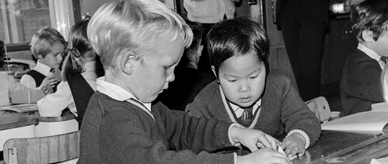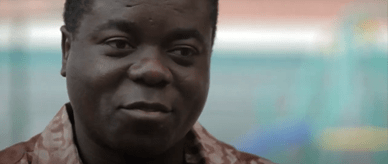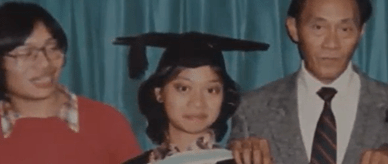Erfan Daliri was born in Lucknow, India, to Iranian refugee parents. The family migrated to Australia in 1984 and settled in Townsville, Queensland.
Erfan is a spoken-word artist who has spent many years working throughout Australia on community development projects related to youth engagement, refugee settlement and Indigenous rights.




